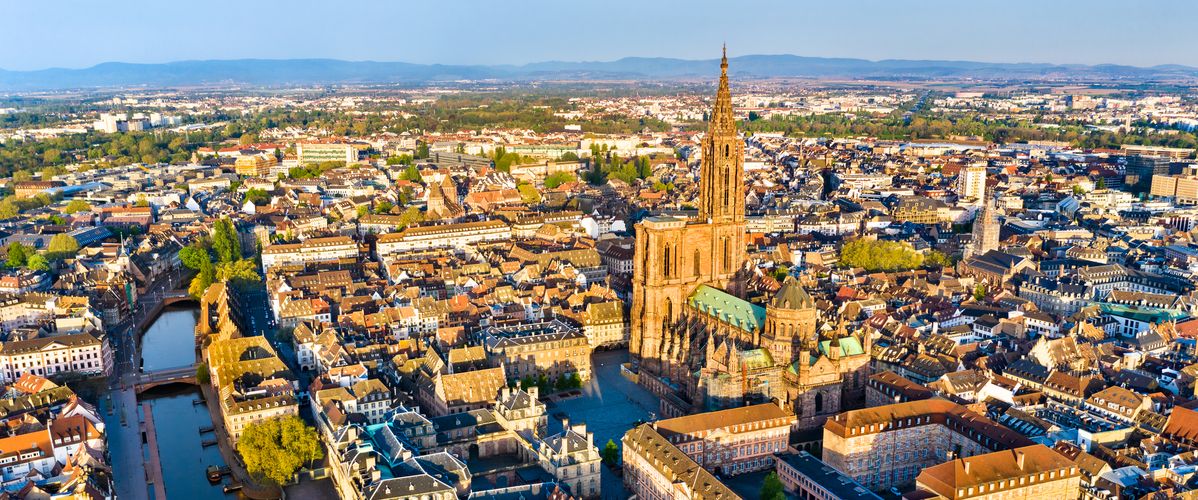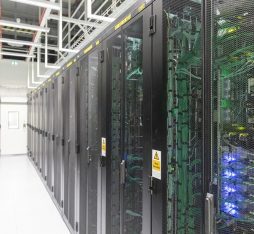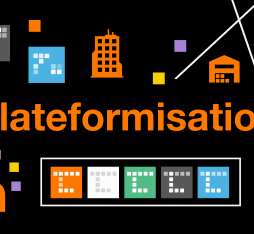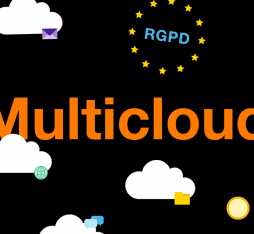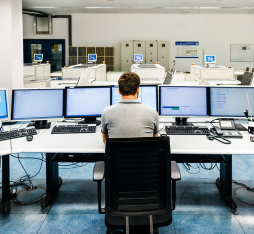• With the advent of artificial intelligence, he believes there is a real opportunity to develop new services based on the analysis of unstructured public data.
• Although it is well-placed in international rankings, he believes that France could do more to ensure that stakeholders respect the law and open up their data.
How do you think AI will affect open data, and will it lead to new opportunities
Artificial intelligence is going to change everything. To date, the focus has been on structured public data, but with the advent of AI, we will now be able to integrate unstructured data, which will pave the way for the emergence of new types of services. At the same time, unstructured data will also take on a new value, since it will be used to train AI models. Companies like Delibia — an artificial intelligence platform for local authority employees and elected representatives — provide tools based on data from local authority deliberations. Others like Datapolitics make use of AI to analyse debates in town councils, which can then provide businesses and stakeholders with information about the concerns of citizens and elected representatives. The tool can even inform companies of future opportunities in advance of the publication of invitations to tender.
AI is also offering more and more people the opportunity to make use of data. For example, the use of tools like Copilot have made it significantly easier to develop data services.
Playing a key role in the development of new data services…
AI is also changing the way we relate to open data and knowledge. The common assumption that it is good to have open and transparent data has been largely co-opted by the AI industry, which at the same time has embraced practices that are not always ethical, raising the question of what should and should not be integrated in AI systems. Finally, AI has opened up opportunities for the democratization of data: we have talked about how data feeds AI, but AI is also offering more and more people the opportunity to make use of data. For example, the use of tools like Copilot have made it significantly easier to develop data services. We should also mention Opendatasoft which has published software that enables users to submit questions to data, which automatically generates answers or visualizations.
In your book, Les données de la démocratie – Open data, pouvoirs et contre-pouvoirs [Open data for democracy — Powers & checks and balances] (C&F Editions, 2024) you explain that although there is a dynamic eco-system in France, open data policy is not as robust as it should be.
France is well-placed in international rankings when it comes to opening up public data, and has a very dynamic ecosystem when you consider, for example, Opendatasoft, Navitia (a subsidiary of Kisio, itself a subsidiary of Keolis, one of the leading mobility operators in Europe), and the work that has been achieved by data.gouv.fr. The community is solid, and Open Data France’s role in bringing together local authorities committed to opening up data to the public and government start-ups should be commended. On paper, you might think that all is well, however, the reality is that it is still difficult to access certain data.
This touches on the issue of political transparency in France. The foundations of open data are unstable, because the right to access administrative documents is not always upheld. All public service bodies are obliged to open up their data. However, there is no established routine in government departments when it comes to complying with this rule. In fact, there is more of a culture of aversion to communicating data that may be described as sensitive. What we need is more monitoring on the part of the players who initiated open data policies in the first place.
Should we be concerned about the future of open data in France?
I’m confident about the future, because open data is being used on a massive scale, and there would likely be a wave of protest if some services were no longer able to function. The coronavirus pandemic marked a turning point in this respect: in March 2020, there were real difficulties in publishing data, and protests led to the emergence of tools like Covid Tracker. Open data also fuels innovative services, including some that are very well known, such as Pokémon Go, which is based on OpenStreetMap data. Another example is nutritional data with applications like Yuka that rely on Open Food Facts, which has now become the main reference for food data and also provides the basis for the Nutri-Score rating system. Similarly, in the field of real estate, you have services like Meilleurs Agents in France, which helps to provide equal access to information among agents, buyers and sellers. In education, applications can now access living standards information on students in public and private schools thanks to the publication of social position indicators that are used by the French government to determine priorities for state funding. Last but not least, the opening up of legal data has enabled companies like Doctrine and Prédictice to develop tools for case law research.
Sources :
Read more :
Open data : les pratiques des collectivités les plus en pointe [in French]

